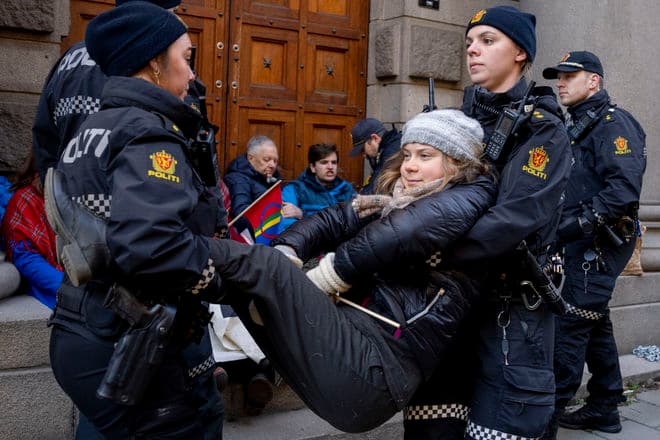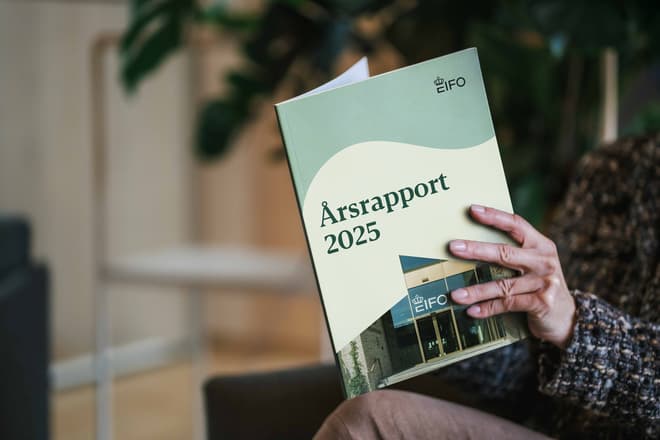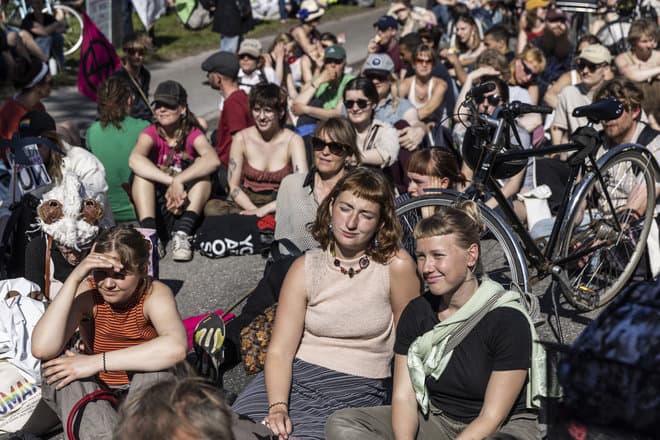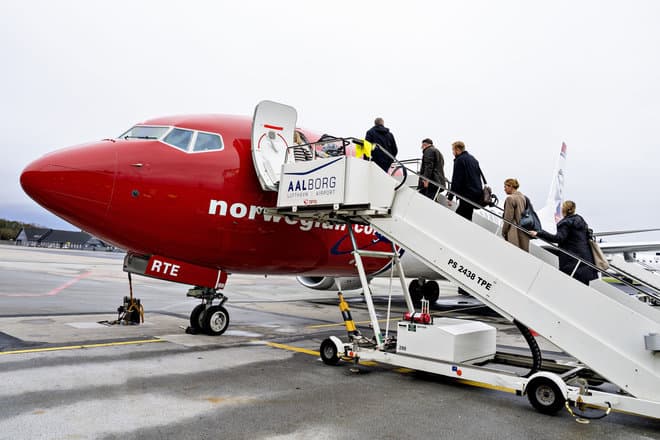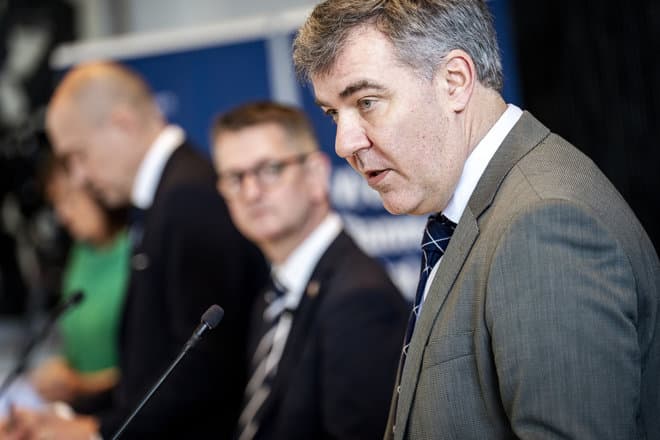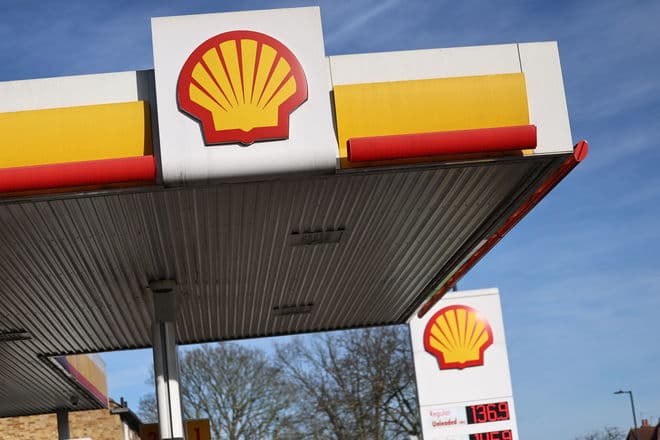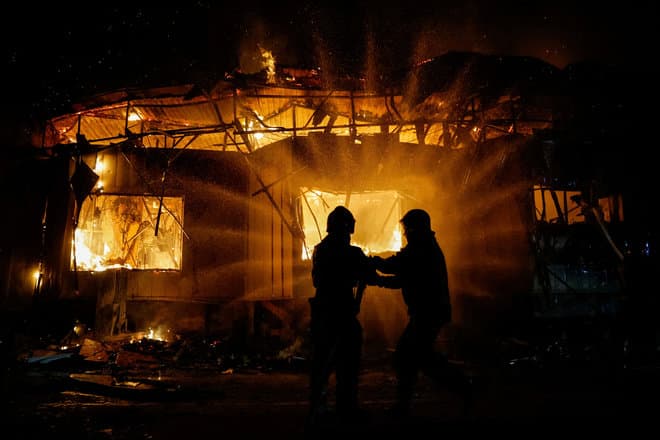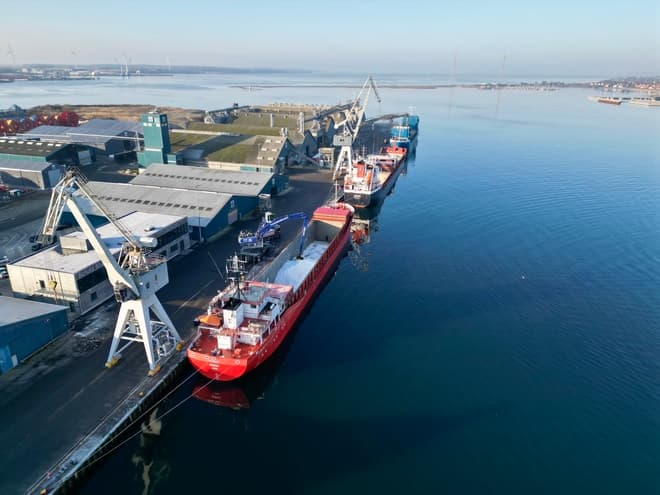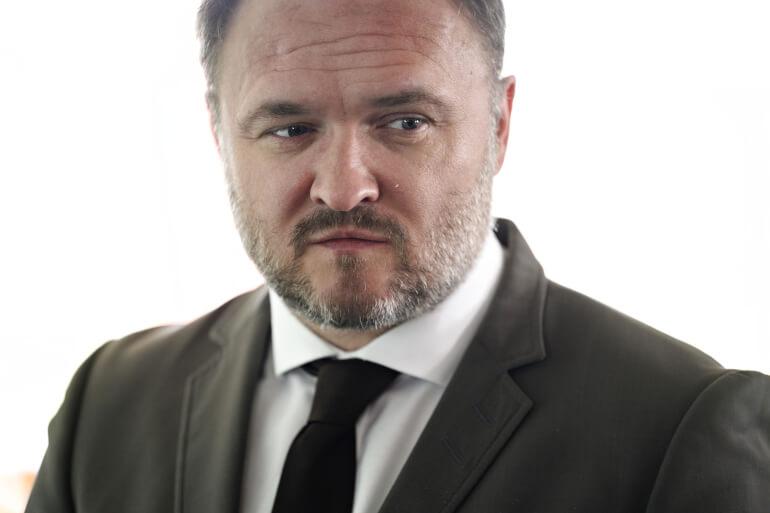
Denmark is prepared for Russia to possibly cut off gas to Denmark and other European countries. This is according to Climate and Energy Minister Dan Jørgensen (S).
The announcement comes in connection with a meeting of EU energy ministers in Brussels on Monday. Here, the ministers will discuss the escalation in the energy war that last week led to Russia cutting off gas to Poland and Bulgaria.
- For some time now, we have been forced to prepare for what will happen if the gas is cut off. Either as a result of Putin cutting off the supply, or if we in the EU, as part of the sanctions, stop buying gas. That is why the emergency plans are in place, says Dan Jørgensen.
However, he does not hide the fact that a sudden stop to Russian energy will have consequences - especially for a number of Danish companies.
- But we have a plan for what we will do in that situation, says Dan Jørgensen.
Putin has figuratively ignited the oil and gas war with his demand that EU countries pay in rubles for Russian energy. Putin's goal is both to strengthen the Russian currency and to humiliate the energy-dependent EU countries.
The EU Commission, on the other hand, demands that direct payment from European companies be made in euros or dollars. Otherwise, according to the Commission, it would be a violation of the sanctions. It was precisely Poland and Bulgaria's refusal to pay in rubles that led to the stoppage of Russian gas.
Direct collision course with Putin
Dan Jørgensen stated on Monday that he is convinced that Ørsted and other Danish companies will also say no to paying in rubles. This puts Denmark on a direct collision course with Putin:
- It is stipulated by law that you must comply with the sanctions. And I certainly expect Danish companies to do so. And if you do not do so, then there is a very fixed procedure for how the authorities in the individual countries, assisted by the EU Commission, must react, says Dan Jørgensen.
Ørsted has until the end of May to respond whether it will pay in rubles. The company will reject this, communications manager Martin Barlebo previously informed Ritzau in a written response.
New sanctions on the way
The meeting of energy ministers comes ahead of the EU Commission, which is expected to present a proposal for a sixth sanctions package this week. The next sanctions package is expected to contain proposals to phase out imports of Russian oil by the end of this year.
Therefore, there is no plan for an immediate stop to oil purchases, which could already affect Russia's war in Ukraine. This was stated by the Polish Minister of Energy, Anna Moskwa, on the way to the meeting. However, it is particularly energy-dependent countries such as Germany that are fighting for a slower phase-out. Germany wants a transition period until alternatives are ready.
From the Danish side, the government wants the harshest sanctions possible, but this must not be at the expense of the agreement in the EU, says Dan Jørgensen.
- We cannot have a situation where some countries do one thing and other countries do something else. We must be completely united about the next steps we take, says Dan Jørgensen.
He does not want to comment on the specific sanctions proposals from the EU Commission.
Ritzau
Text, graphics, images, sound, and other content on this website are protected under copyright law. DK Medier reserves all rights to the content, including the right to exploit the content for the purpose of text and data mining, cf. Section 11b of the Copyright Act and Article 4 of the DSM Directive.
Customers with IP agreements/major customer agreements may only share Danish Offshore Industry articles internally for the purpose of handling specific cases. Sharing in connection with specific cases refers to journaling, archiving, or similar uses.
Customers with a personal subscription/login may not share Danish Offshore Industry articles with individuals who do not themselves have a personal subscription to Danish Offshore Industry.
Any deviation from the above requires written consent from DK Medier.

